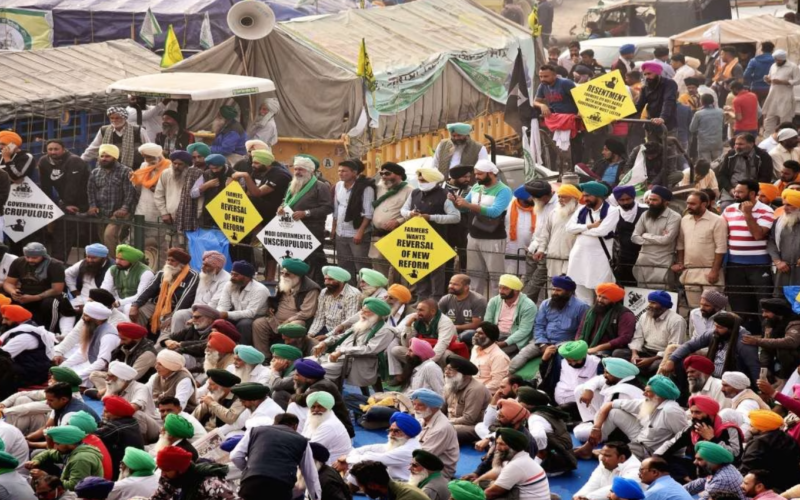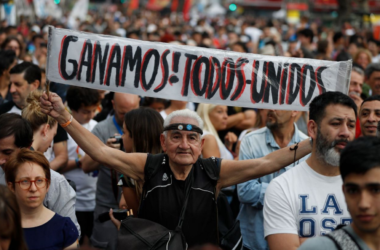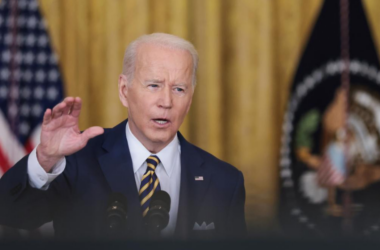In a bid to address the grievances of farmers and alleviate tensions stemming from recent protests, agricultural unions in India are set to engage in discussions with government ministers on Thursday. The talks come after two days of demonstrations by farmers, who are advocating for higher prices for their agricultural produce.
The protests, characterized by a strong demand for a minimum price guarantee on all crops, have seen security forces resort to tear gas and barricades to prevent thousands of farmers from marching to the capital, New Delhi. The farmers argue that setting a minimum price for their produce is essential to safeguard their livelihoods and ensure their economic sustainability.
The timing of these protests holds significant political implications, as farmers constitute a substantial voting bloc in India. The demonstrations occur just months ahead of national elections, where Prime Minister Narendra Modi seeks a third consecutive term in office.
Sarvan Singh Pandher, the general secretary of one of the leading protesting unions, the Punjab Kisan Mazdoor Sangharsh Committee, expressed optimism about the upcoming talks. Pandher stated that the farmers approach the meeting with a positive outlook, hopeful that a viable solution can be reached to address their concerns.
The scheduled dialogue marks the third round of discussions between the farmer unions and government officials this month. Previous attempts at negotiation failed to yield a concrete commitment from the government regarding support prices for agricultural produce, prompting farmers to proceed with their planned “Delhi Chalo” or “Let’s go to Delhi” march.
Pandher emphasized that if the talks do not yield satisfactory outcomes, farmers should be permitted to express their grievances peacefully. However, authorities have taken preemptive measures, including deploying riot police and setting up barricades nearly 200 kilometers away from the capital, to prevent the march from reaching New Delhi.
In a show of solidarity, several unions have announced plans to halt train services in various parts of Punjab for four hours on Thursday as a form of protest against the police intervention and government inaction.
The current protests echo similar demonstrations that transpired two years ago, prompting Modi’s government to repeal certain contentious farm laws and pledge to address concerns regarding support prices for agricultural produce.
As India grapples with the ongoing agricultural unrest, the outcome of the impending talks holds significant implications for both farmers and the government. The resolution of these issues will likely shape the political landscape leading up to the upcoming national elections and influence the trajectory of agricultural policy in India.








